In Singapore, where high-rise buildings dominate the skyline and urban development is constantly evolving, ensuring the longevity and structural integrity of infrastructure is paramount. Among the many essential elements of building maintenance, plumbing and sanitary waterproofing and grouting works play a crucial role in safeguarding against water damage and preserving the integrity of structures. In this blog post, we delve into the significance of these works, their implementation in Singapore’s unique urban landscape, and the importance of adhering to local regulations.
Understanding Waterproofing and Grouting Works
Plumbing and sanitary waterproofing and grouting works involve the application of specialized materials to create impermeable barriers that prevent water infiltration and leakage. These works are essential in areas prone to moisture exposure, such as bathrooms, kitchens, basements, and building exteriors. In Singapore’s tropical climate, where heavy rainfall is common, effective waterproofing and grouting solutions are critical to protect buildings from water-related damage, including structural deterioration, mold growth, and corrosion.
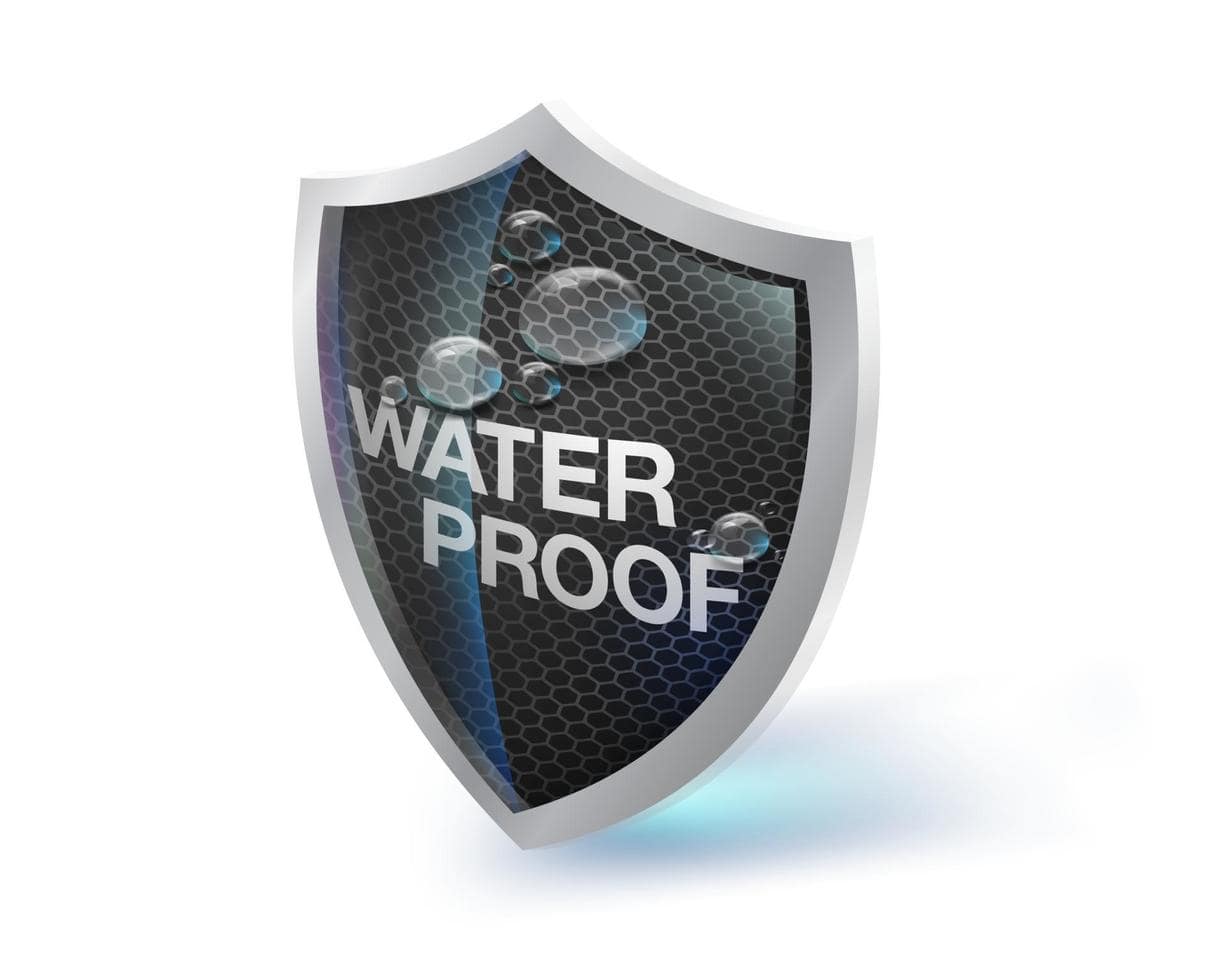
Compliance with Singapore Building Regulations
Singapore has stringent building regulations and codes that govern construction practices, including requirements for waterproofing and grouting works. The Building and Construction Authority (BCA) sets guidelines and standards to ensure the structural safety and durability of buildings. Compliance with these regulations is mandatory for all construction and renovation projects in Singapore, underscoring the importance of proper waterproofing and grouting practices.
Types of Waterproofing Systems
Various waterproofing systems are used in Singapore, each tailored to specific applications and building requirements. These may include:
- Membrane Waterproofing: Thin layers of waterproof membranes are applied to surfaces to create a protective barrier against water penetration. Membrane waterproofing is commonly used in wet areas such as bathrooms, balconies, and roofs.
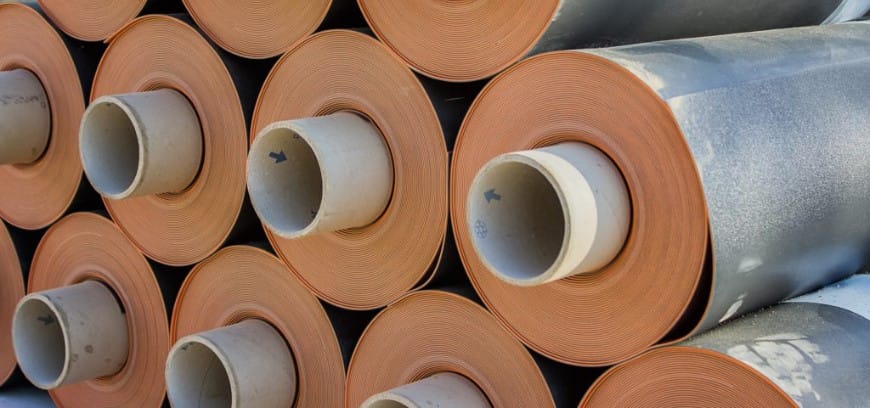
- Cementitious Waterproofing: Cement-based coatings are applied to concrete surfaces to provide waterproofing protection. This method is suitable for both internal and external applications, offering durability and resistance to water pressure.
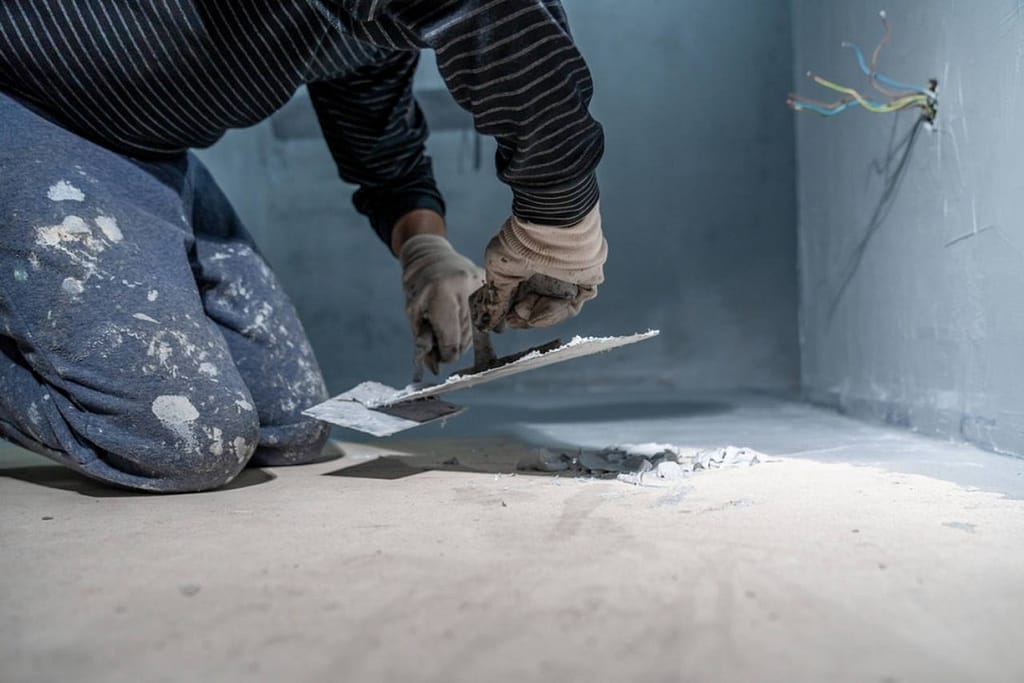
- Injection Grouting: Injection grouting involves injecting specialized grout materials into cracks, voids, or gaps in structures to seal and reinforce them. This technique is effective for repairing concrete structures and preventing water ingress.
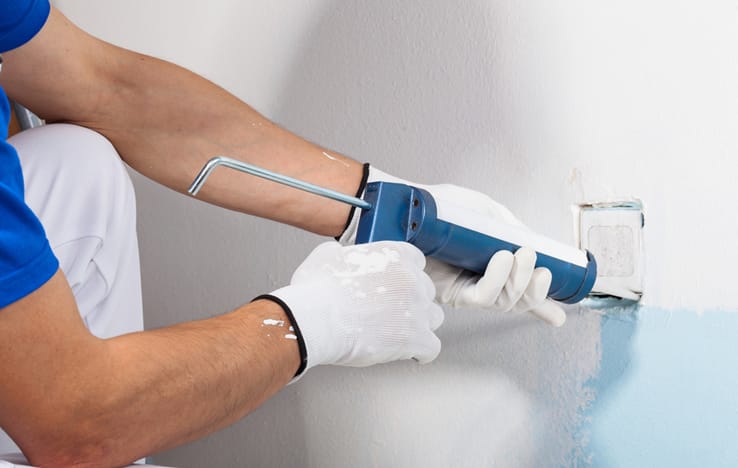
Professional Installation and Maintenance
Proper installation and regular maintenance are essential for the long-term effectiveness of waterproofing and grouting systems. In Singapore, licensed waterproofing specialists and plumbers are trained to assess, install, and maintain these systems according to BCA guidelines. By engaging qualified professionals, building owners can ensure that their properties are adequately protected against water damage and comply with regulatory requirements.
Innovations in Waterproofing Technology
Advancements in waterproofing technology continue to drive innovation in the construction industry. In Singapore, researchers and industry experts are exploring new materials and techniques to enhance the performance and sustainability of waterproofing systems. From eco-friendly coatings to self-healing membranes, these innovations aim to address emerging challenges and improve the resilience of built environments in the face of changing climate conditions.
Importance of Preventing Water Damage
Water damage can have far-reaching consequences beyond structural issues. In addition to compromising the integrity of buildings, it can also lead to health hazards such as mold growth and indoor air quality issues. By investing in quality waterproofing and grouting works, building owners can mitigate these risks and create safer and healthier living and working environments for occupants.
Considerations for High-Rise Buildings
Singapore’s skyline is dominated by high-rise buildings, presenting unique challenges for waterproofing and grouting works. The vertical nature of these structures requires specialized techniques and materials to address issues such as hydrostatic pressure and thermal expansion. Contractors must consider factors like building movement, wind-driven rain, and accessibility when designing and implementing waterproofing solutions for high-rise buildings.
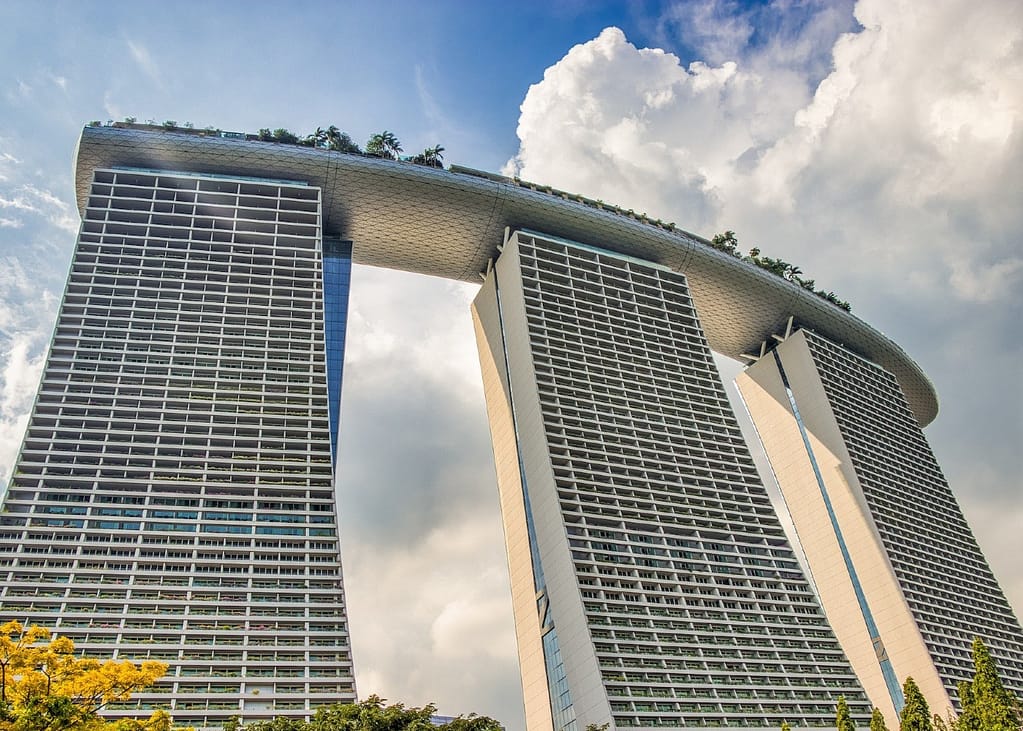
Green Building Practices
Singapore is committed to sustainability and green building practices. When selecting waterproofing and grouting materials, there is a growing emphasis on choosing eco-friendly options that minimize environmental impact. Sustainable solutions, such as water-based coatings and recycled materials, align with Singapore’s goals of reducing carbon emissions and conserving resources.
Importance of Regular Inspections and Maintenance
While proper installation is crucial, regular inspections and maintenance are equally important to ensure the ongoing effectiveness of waterproofing and grouting systems. In Singapore, where buildings are subjected to high humidity and heavy rainfall, routine inspections can help identify early signs of deterioration or damage. Timely maintenance and repairs can prevent minor issues from escalating into costly problems down the line.
Community Engagement and Education
Educating building occupants about the importance of waterproofing and grouting works can foster a sense of collective responsibility for building maintenance. Community outreach programs and educational initiatives can raise awareness about common sources of water damage, such as leaking pipes and improperly sealed joints. By empowering residents with knowledge and resources, Singapore can promote proactive measures to protect against water-related issues.
Collaboration with Government Agencies
Singapore’s government plays a crucial role in promoting building resilience and safety. Collaborative efforts between government agencies, industry stakeholders, and research institutions can drive innovation and best practices in waterproofing and grouting works. By fostering partnerships and sharing expertise, Singapore can stay at the forefront of building technology and continue to raise the bar for quality and sustainability in construction.
Conclusion
Plumbing and sanitary waterproofing and grouting works are indispensable components of building maintenance in Singapore. By adhering to regulatory standards, utilizing advanced technologies, and engaging qualified professionals, building owners can safeguard their investments and ensure the longevity of their properties. As Singapore continues to grow and urbanize, prioritizing effective waterproofing and grouting practices will remain essential for preserving the structural integrity and safety of its built environment.

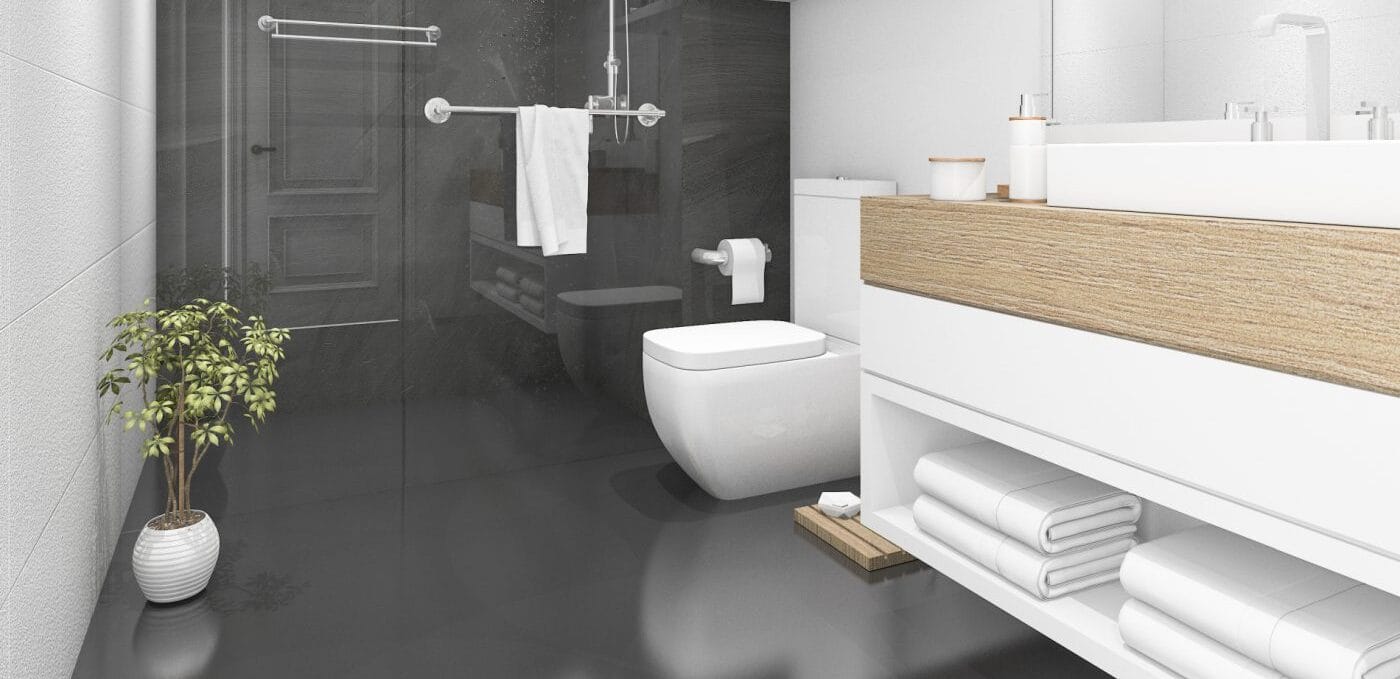
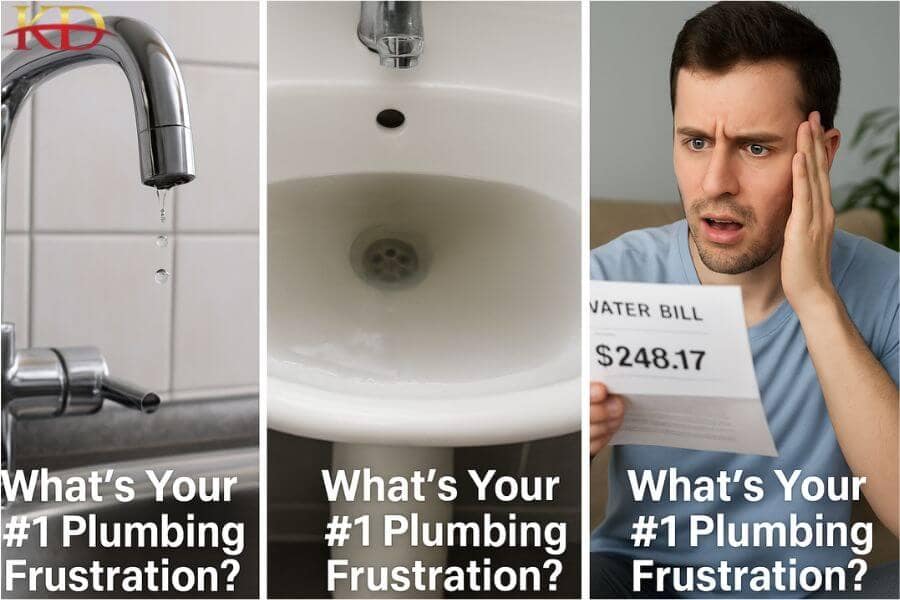
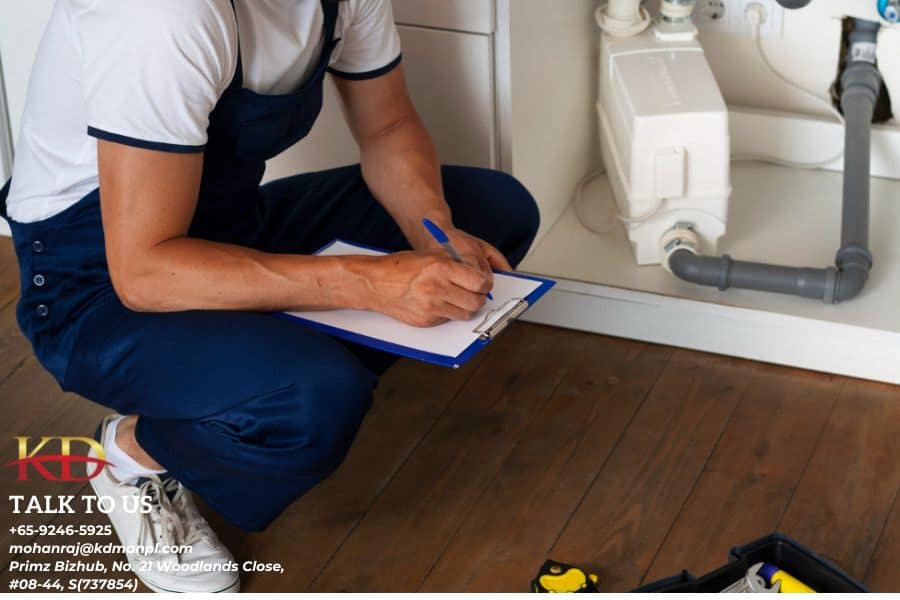
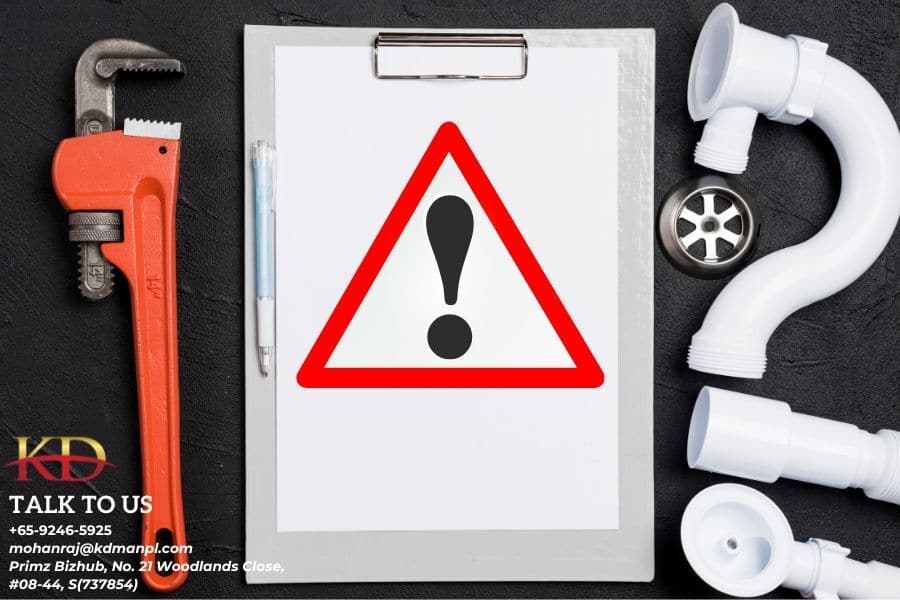
Leave a Reply